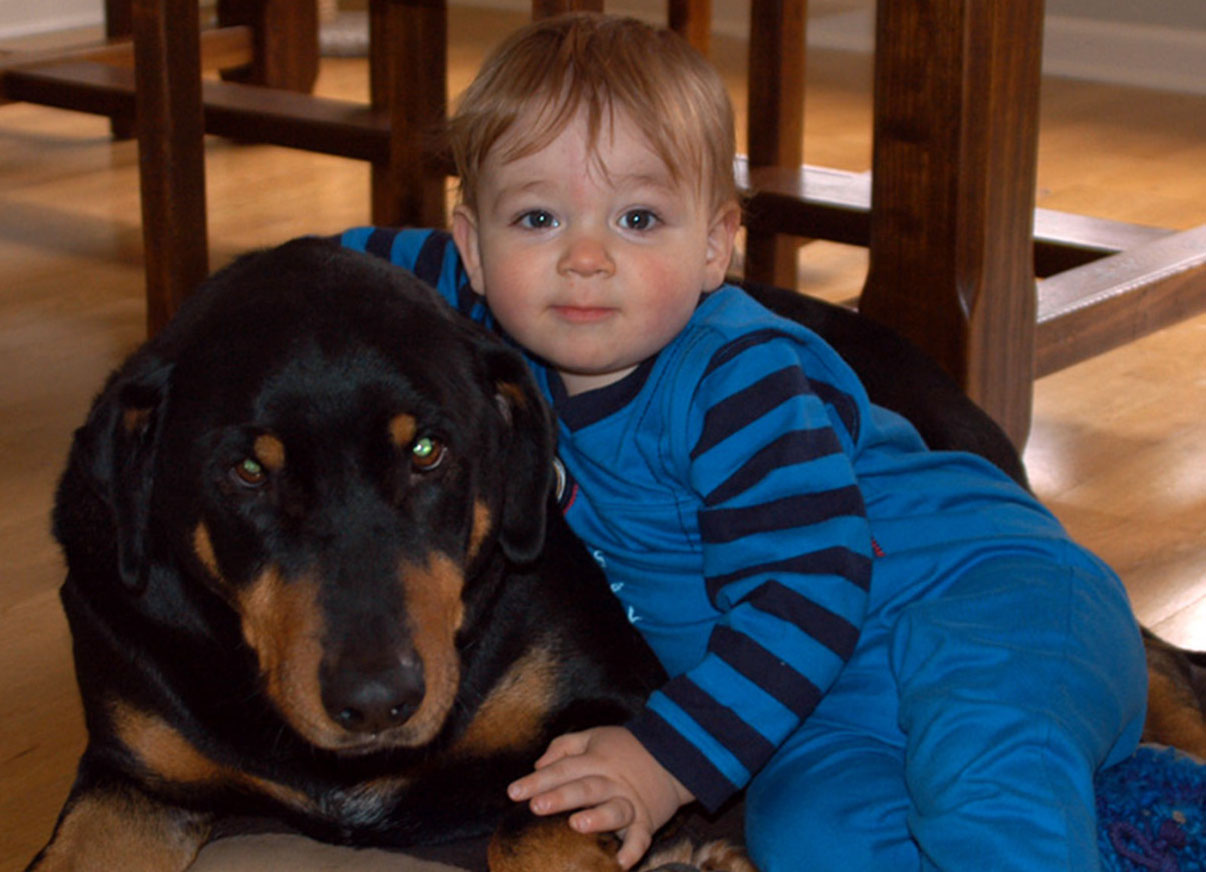Our rationale to validate treatments for children in dog patients is:
-
tumors arise in their native tissue (e.g., bone cancer in a bone);
-
the dog is immunocompetent;
-
clinical relevance is closer to humans than many other animal models;
-
dogs are in fact true patients and family members who share the same practical challenges as human patients; and
-
because of the similarity in patient size, stereotactic-guided (glioblastoma) and other molecularly-targeted therapies applied to the tumor resection bed (sarcomas) can be piloted in canine patients and then more easily translated to children.
A key example of our commitment to cross-species investigation is our developing multi-center consortium project with Colorado State University, Jackson Laboratory and our founders addressing target identification and preclinical models for non-rhabdomyosarcoma soft tissue sarcoma (undifferentiated sarcoma). We call this project, “Building Consensus for NRSTS: Cross-Species Patient derived Xenograft Development & Testing” and will be seeking grants and matching philanthropic support for this project in the coming months.

[ pictured, Alex and his buddy, George. Alex is the son of our veterinary surgical oncologist collaborator, Dr. Bernard Seguin. Like 10,000 other dogs every year, George developed osteosarcoma, and is greatly missed by Alex and his family. ]

